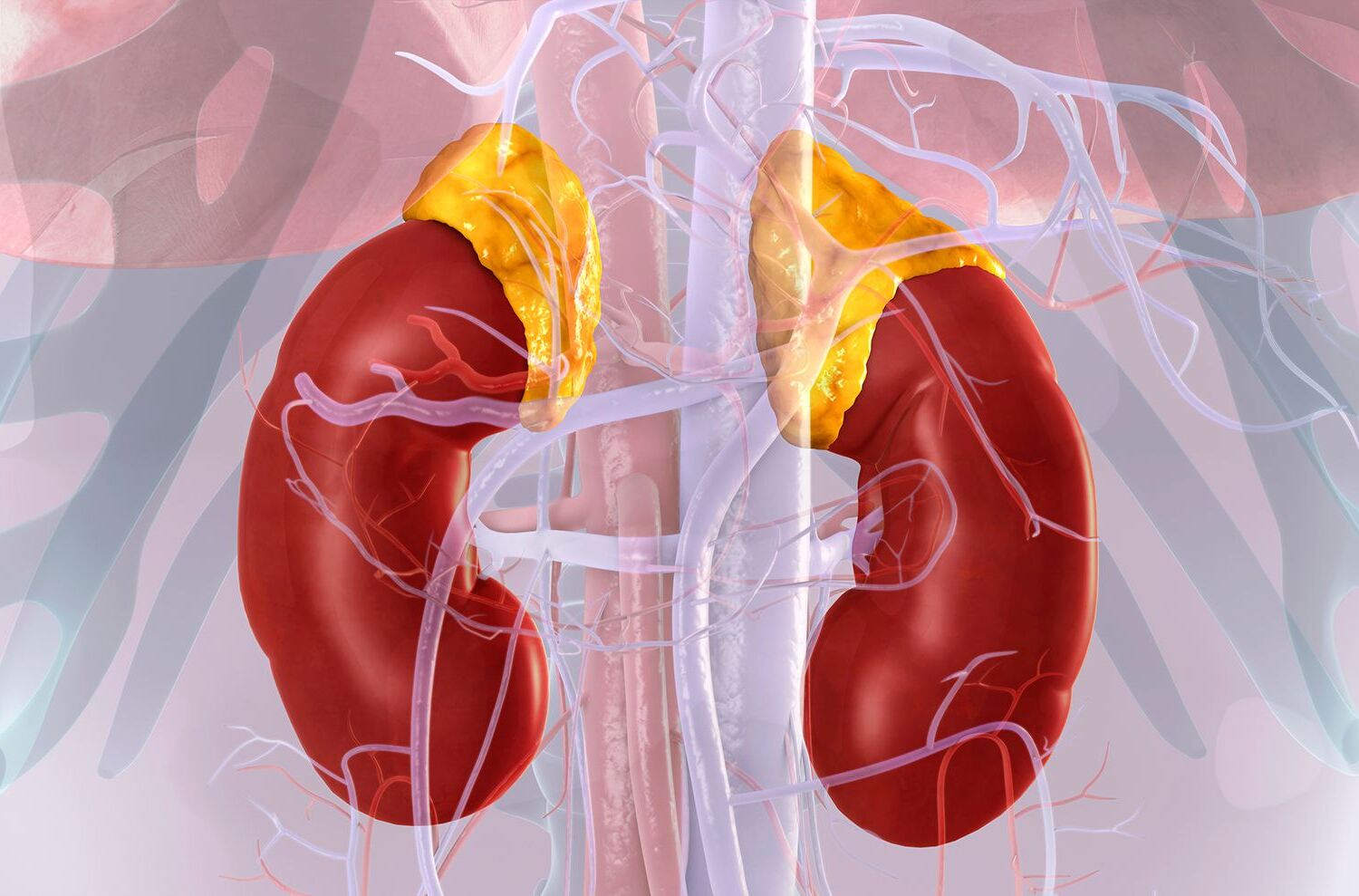
Addison's Disease might sound like a rare condition, but understanding it is crucial. This disorder affects the adrenal glands, which produce essential hormones like cortisol and aldosterone. When these glands don't function properly, it can lead to serious health issues. Symptoms often include fatigue, muscle weakness, weight loss, and low blood pressure. Early diagnosis and treatment can make a big difference in managing the disease. Did you know that Addison's Disease can affect both humans and animals? It's not just a human condition! Let's dive into 15 fascinating facts about Addison's Disease to help you better understand this complex condition.
What is Addison's Disease?
Addison's Disease, also known as primary adrenal insufficiency, is a rare condition where the adrenal glands don't produce enough hormones. This can lead to a variety of symptoms and complications if not managed properly. Here are some intriguing facts about Addison's Disease.
-
Named After a Doctor: Addison's Disease was first described by Dr. Thomas Addison in 1855. He noticed a pattern of symptoms in patients with damaged adrenal glands.
-
Hormone Deficiency: The disease primarily affects the production of cortisol and aldosterone. These hormones are crucial for regulating metabolism, blood pressure, and stress response.
-
Autoimmune Origin: In most cases, Addison's Disease is caused by an autoimmune response where the body's immune system attacks the adrenal glands.
Symptoms of Addison's Disease
The symptoms of Addison's Disease can be quite varied and often develop slowly over time. Understanding these symptoms can help in early diagnosis and treatment.
-
Fatigue: One of the most common symptoms is chronic fatigue. Patients often feel extremely tired and weak.
-
Weight Loss: Unexplained weight loss is another hallmark symptom. This occurs due to the body's inability to properly metabolize nutrients.
-
Hyperpigmentation: Darkening of the skin, especially in areas exposed to the sun, is a unique symptom. This happens due to increased production of melanin.
Diagnosis and Testing
Diagnosing Addison's Disease can be challenging due to its nonspecific symptoms. However, certain tests can help confirm the condition.
-
ACTH Stimulation Test: This test measures how well the adrenal glands respond to adrenocorticotropic hormone (ACTH). A poor response indicates Addison's Disease.
-
Blood Tests: Blood tests can reveal low levels of cortisol and aldosterone, as well as high levels of ACTH.
-
Imaging: Imaging studies like CT scans can help identify any abnormalities in the adrenal glands.
Treatment Options
While Addison's Disease is a chronic condition, it can be managed effectively with proper treatment.
-
Hormone Replacement Therapy: The main treatment involves replacing the deficient hormones with synthetic versions. This usually includes hydrocortisone or prednisone for cortisol and fludrocortisone for aldosterone.
-
Emergency Kit: Patients are often advised to carry an emergency injection of hydrocortisone in case of an adrenal crisis, which can be life-threatening.
-
Regular Monitoring: Regular follow-ups with a healthcare provider are essential to adjust medication dosages and monitor for any complications.
Living with Addison's Disease
Living with Addison's Disease requires some lifestyle adjustments, but many people lead normal, active lives.
-
Diet and Nutrition: A balanced diet rich in sodium, especially during hot weather or exercise, can help manage symptoms.
-
Stress Management: Since stress can exacerbate symptoms, learning stress management techniques like meditation or yoga can be beneficial.
-
Support Groups: Joining a support group can provide emotional support and practical advice from others who understand the challenges of living with Addison's Disease.
Understanding Addison's Disease
Addison's disease, though rare, impacts many lives. Knowing the symptoms like fatigue, weight loss, and darkening skin can lead to early diagnosis. Treatment usually involves hormone replacement therapy, which helps manage the condition effectively. Regular check-ups and medication adjustments are crucial for maintaining health.
Living with Addison's requires awareness and proactive management. Patients should carry medical alert information and have an emergency plan. Support from healthcare providers, family, and friends makes a significant difference.
Staying informed about Addison's disease empowers those affected to lead fulfilling lives. By recognizing the signs and seeking timely medical advice, individuals can manage their health better. Remember, knowledge is power when dealing with any medical condition. Stay vigilant, stay informed, and support those living with Addison's disease.
Was this page helpful?
Our commitment to delivering trustworthy and engaging content is at the heart of what we do. Each fact on our site is contributed by real users like you, bringing a wealth of diverse insights and information. To ensure the highest standards of accuracy and reliability, our dedicated editors meticulously review each submission. This process guarantees that the facts we share are not only fascinating but also credible. Trust in our commitment to quality and authenticity as you explore and learn with us.


